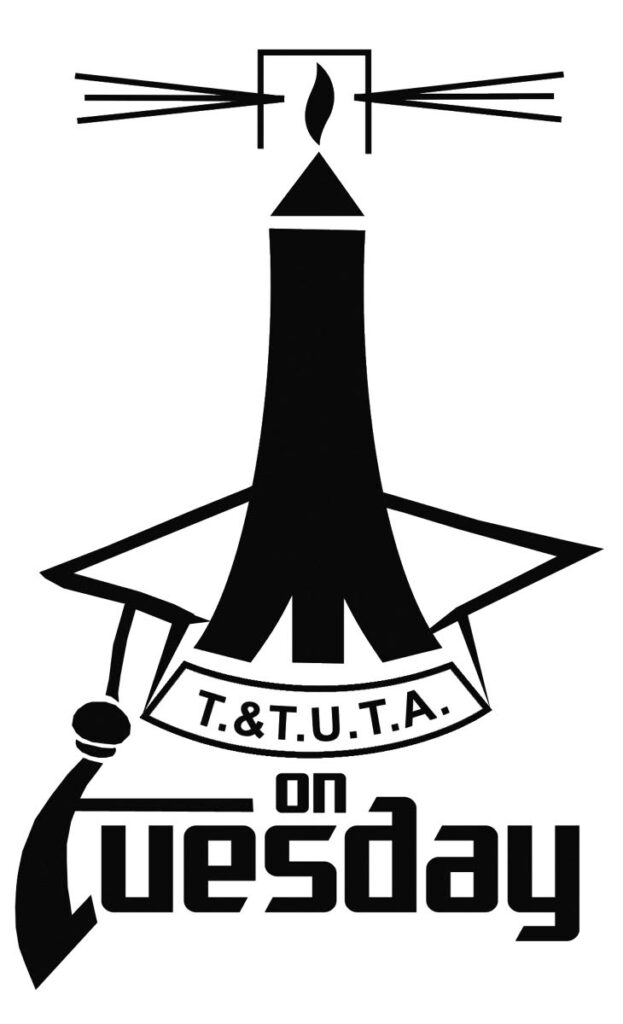Artificial Intelligence (AI), a transformative technology that simulates human learning, decision-making, and creativity, has evolved significantly since its inception in the 1950s. By the 1980s, machine learning introduced ‘expert systems’ that leveraged historical data. The 2010s marked the rise of deep learning, enabling machines to mimic human brain functions. This technological leap was driven by major corporations seeking to enhance efficiency and productivity, particularly through the vast data generated by social media platforms. AI’s unique ability to reshape societies, economies, and education systems sets it apart from traditional digital technologies, but it also raises critical ethical and social challenges, including fairness, transparency, privacy, and accountability. As AI becomes increasingly integrated into education, systems worldwide are grappling with its implications. Educators emphasize that AI should support, not replace, human decision-making and intellectual development, while respecting human rights and cultural diversity. In the absence of a national policy framework, UNESCO’s AI competency frameworks for students and teachers provide essential guidance. These frameworks focus on fostering a human-centered mindset, ethical AI use, foundational AI knowledge, and system design. For teachers, the framework emphasizes lifelong professional development, responsible AI use, and innovative teaching methods. The overarching principle is that AI should amplify human judgment, creativity, and empathy, not replace them. Schools are advised to develop their own AI policies, ensuring robust privacy safeguards and accountability mechanisms to prevent misuse of personal data and protect civil liberties.
